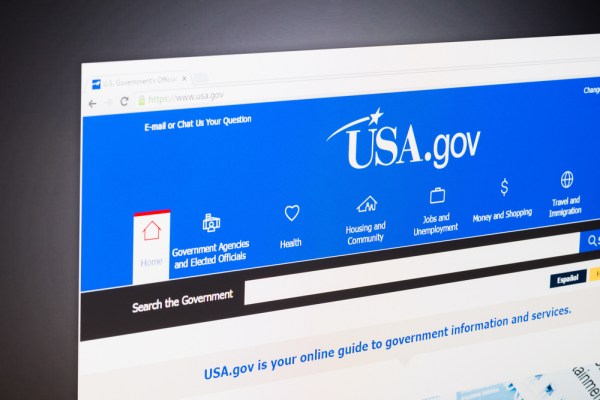By now, the advantages of open source are there for all to see. When you give people access to the underlying code, good things happen. People find bugs and security holes. They make it better. They adapt it to different needs. They even build entire startup ecosystems on top of key projects.
It’s become so ubiquitous in the private sector that the government has begun to see the light too. Today US CIO Tony Scott released a blog post outlining the Obama administration’s plans to bring open source to the government too.
In the White House’s draft vision, government agencies will be able to share code and improve efficiencies over time, saving one agency from reinventing the wheel when another has already done the work.
It’s not a defined policy yet, just a launching pad for discussion. As Scott wrote in the blog post “we’re releasing for public comment a draft Federal Source Code policy to support improved access to custom software code.” In other words, it is a starting point towards instituting a government-wide open source policy.
Open sourcing code used across government projects doesn’t necessarily mean the policy will require releasing all of the code to the public — think of it as semi-open — but even a portion of that code, an amount not specified will be open sourced to the public too, where presumably it could drive interesting use cases and even new businesses.
“This policy will require new software developed specifically for or by the Federal Government to be made available for sharing and re-use across Federal agencies. It also includes a pilot program that will result in a portion of that new federally-funded custom code being released to the public,” Scott wrote in the blog post
The policy is not just about sharing code though. It also would also instruct agencies to use open source pieces to build the software itself whenever possible, as is already happening on some projects today, according to Scott.
If the White House can succeed in moving this along, and assuming it survives the transition to the next administration, code sharing is a sensible approach, which ultimately could encourage innovation and even new businesses using technology that originated in the government using tax dollars. That would seem to be an approach on which people, regardless of party or politics could agree.
